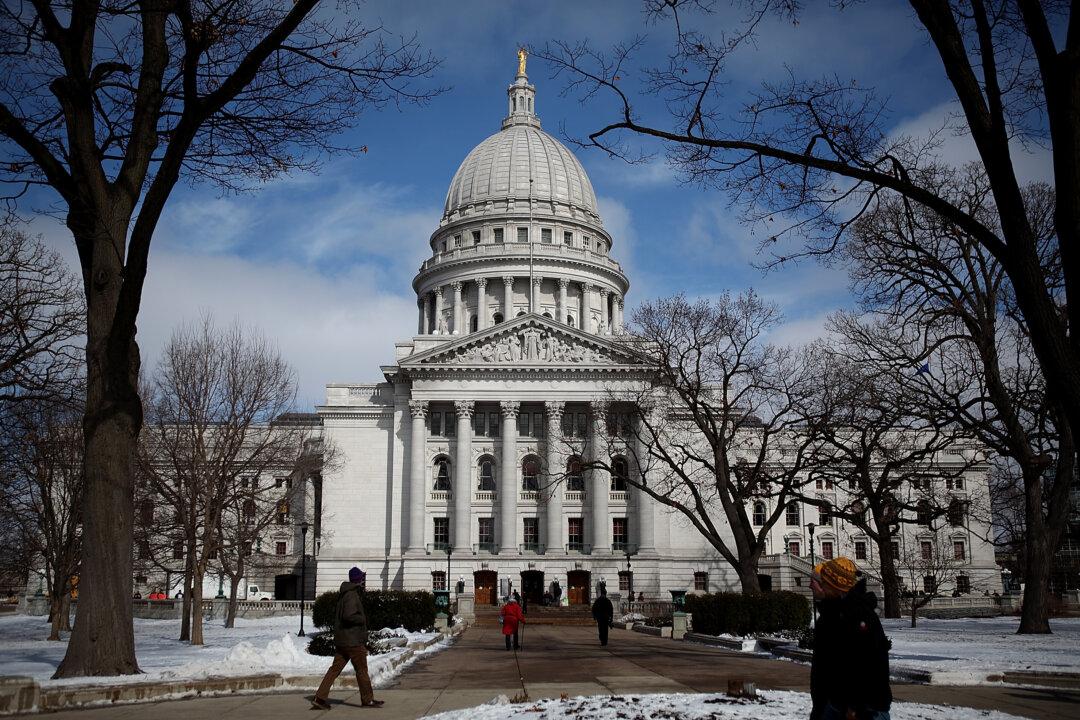The Republican Assembly leader in Wisconsin has announced that he’s created a panel to investigate impeachment criteria for a state Supreme Court justice.
Assembly Speaker Robin Vos announced on Sept. 13 that the committee would be investigating the possible impeachment of Justice Janet Protasiewicz due to comments she made about redistricting during her campaign and nearly $10 million in donations she received from the state Democrat Party.





